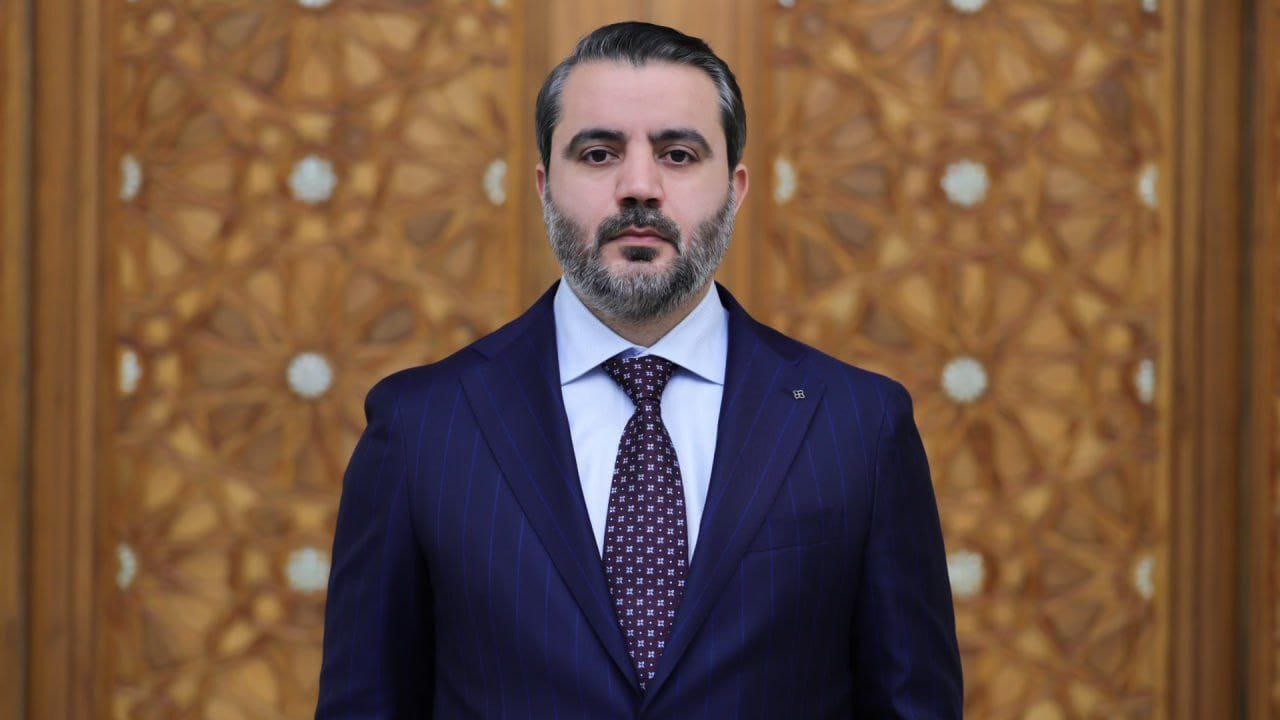
For the 17th year in a row, the people of Qatar have been deemed “not free,” according to Freedom House’s Freedom in the World 2016 rankings, which were released this week.
The rankings assess 195 countries based on 25 factors, including political rights and civil liberties. Qatar fared poorly in terms of both of these factors, bringing down its overall score.
On a scale of 0 to 100, with 0 being “not free,” Qatar ranked 27th.

This was better than most of the GCC nations, which like 72 percent of the Middle East were considered “not free.”
- Saudi Arabia – 10th;
- Bahrain – 14th;
- UAE – 20th; and
- Oman – 25th.
However, regional neighbor Kuwait had the highest scored in the Gulf – 36th, and partly free.
Globally, Freedom House said xenophobic sentiment in democratic countries, plunging oil prices and “anxious dictators” contributed to the 10th consecutive year of decline in global freedom.
The US, Yemen and Turkey all saw declining freedom scores this year, while Myanmar, Nigeria and Sri Lanka were considered to have improved.
According to the report, ratings for the Middle East and North Africa region were the worst in the world in 2015, followed closely by Eurasia.
Little change
Freedom House has been ranking Qatar “not free” since 1999.
In its report last year, it cited “slave-like conditions” for large groups of expat workers, a lack of an electoral process and little transparency in government as factors affecting Qatar’s score.

It added that Qatar’s judiciary is not independent in practice, as most judges are expats who are appointed and removed by the Emir.
Finally, it said that while citizens have no apparent restriction on freedom of movement or type of employment, foreign workers face many obstacles:
“While the constitution prohibits discrimination based on nationality, the government discriminates against noncitizens in the areas of education, housing, healthcare, and other services that are offered free of charge to citizens.
Foreign nationals comprise more than 80 percent of the country’s population and over 90 percent of the workforce, and most rights do not apply to noncitizen residents.”
Thoughts?







